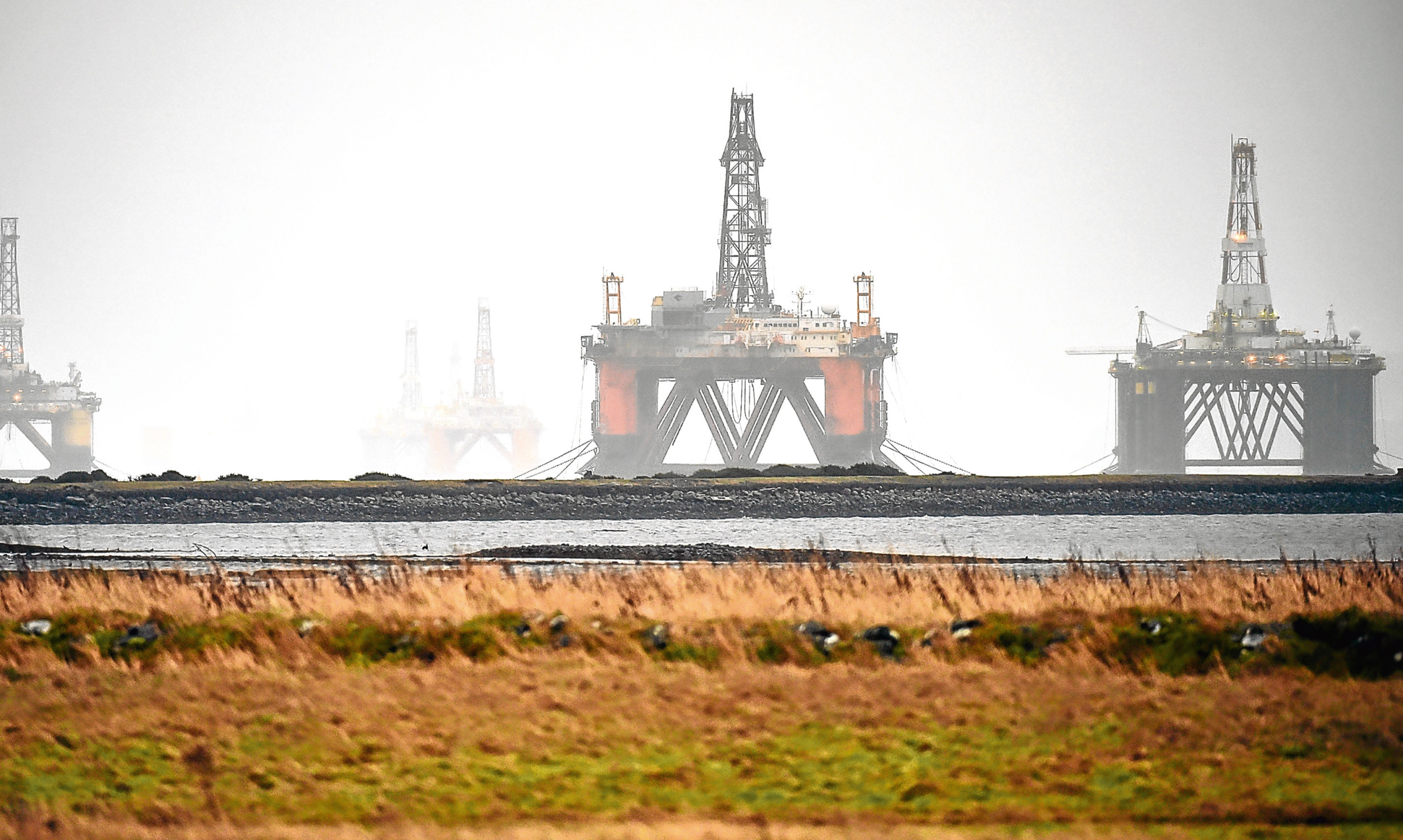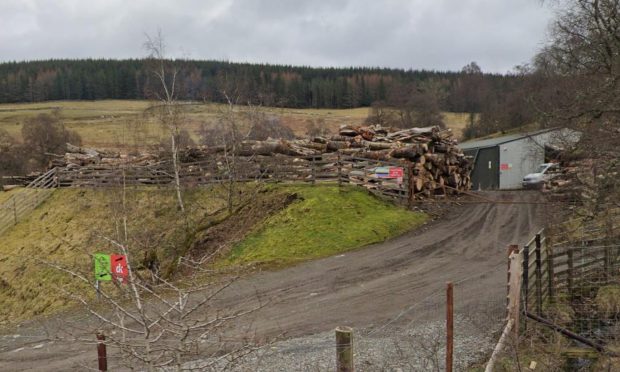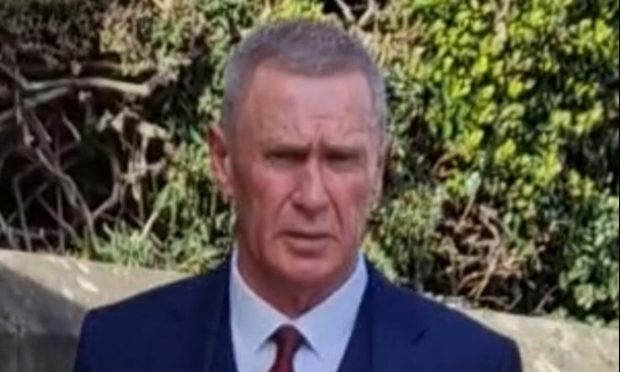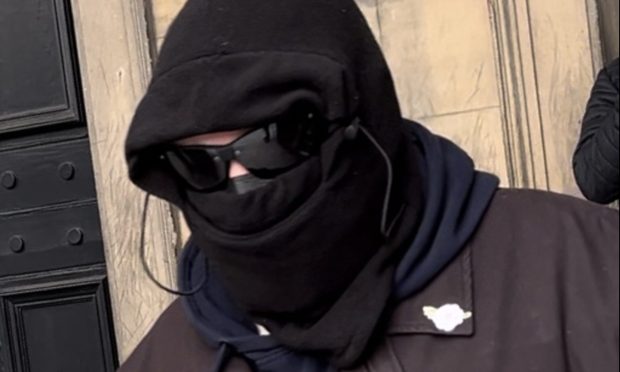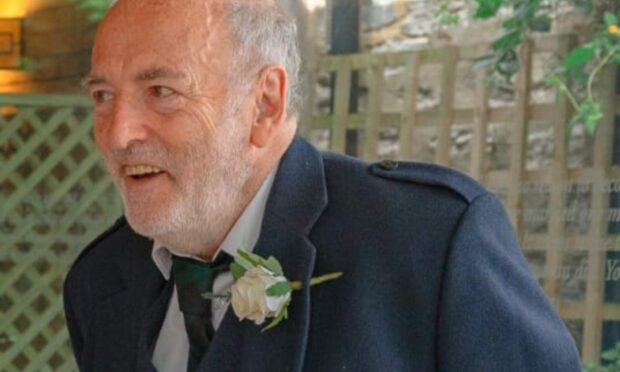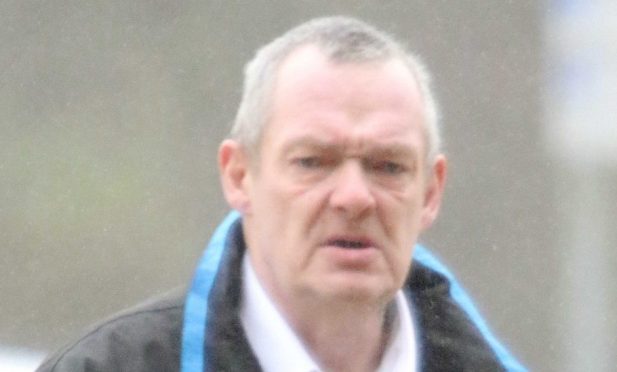Sir, – Much has been made of the fall in oil price and its effect on the Scottish economy, but, in point of fact, the oil revenues, amounting to many billions of pounds, went, and continue to go to, the UK Treasury.
Scotland has certainly suffered thousands of job losses, yet, according to the latest statistics, unemployment north of the border is lower than the rest of the UK.
The guesstimate of a £15 billion deficit for Scotland actually fades into total insignificance when compared to the UK national debt of £1.7 trillion, a debt which now attracts substantially more in interest payments than the entire UK defence budget.
What’s happened to the broad shoulders of the UK economy?
The austerity of the Tories has failed to reduce the trade deficit, and, with the falling pound, it can only widen.
David Cameron crept into Europe telling everyone we were determined to continue membership but returned home with absolutely nothing.
Now we are coming out, does anyone really imagine we will emerge from the negotiations with anything more?
Compare the financial progress made from the rubble of Germany in 1946 with a UK tottering on the brink of financial ruin under the leadership of Westminster and it will become evident who creates financial basket cases.
Joseph G Miller.
44 Gardeners Street,
Dunfermline.
Inconsistencies in sentencing
Sir, – I was struck by the apparent sentencing anomalies and inconsistencies in court cases you have reported in recent days.
Backing up to allow an oncoming car past on a narrow country road, a bin lorry driver killed a wheelchair user.
Despite overtaking it two minutes earlier, he did not see it before reversing, nor did his workmate who remained in his seat.
He pleaded guilty to causing death by careless driving, and, for that momentary mistake, faces 12 months’ imprisonment.
A 19-year-old thug battered his 18-year-old girlfriend for four hours (because she refused him a cigarette) so brutally that she drifted in and out of consciousness.
He admitted previously assaulting her, bursting her nose open, and detaining her against her will.
Given 21 months’ jail, he grinned to his family when led down.
Is it contempt to ask for the sheriff’s reaction had the victim been his daughter?
A 20-year old uninsured, unlicensed, drink-driver, headlights switched off, doing 80mph in a 30mph zone, jumped a red light, collided with a taxi, killed a woman returning from her son’s wedding and severely injured her husband.
He received seven years and six months to run concurrently with eight months for drink-driving.
The victim’s family expressed satisfaction (to their credit) but each offence in such a catalogue justifies lengthy incarceration, consecutively not concurrently.
And when will these last two actually be released?
John Birkett.
12 Horseleys Park,
St Andrews.
Focus more on home matters
Sir, – I sincerely hope the folks living in other parts of the United Kingdom have not formed the opinion that we Scots are always whinging.
First Minister Nicola Sturgeon has a constant gripe or two against the rest of the UK.
As everybody knows, in 2014, a majority of Scots rejected the SNP’s case for Scotland becoming independent of the UK. That is emphatically still the position.
The SNP minority administration at Holyrood will use any means to take the question of Scottish independence back to the ballot box, even although the referendum was described as a once-in-a- generation event.
Polls indicate that the situation has not altered; there is still a majority of the electorate for remaining part of the UK.
Ms Sturgeon’s latest ploy of insisting that Scotland should remain in the EU is merely a smokescreen.
It is the UK which is a member of the European Union not the constituent nations of this country.
The SNP should be more worried about the effects of a split with Westminster.
After all, £164 billion (65%) of Scotland’s trade is with the rest of the UK.
Would we really want to see a tariff barrier across the border between Scotland and England?
It is high time that Ms Sturgeon acknowledged that Scotland is not, on its own account, part of the EU.
Any move by Scotland, post Brexit, to continue a relationship with Europe would be opposed by Spain and other member countries with separatist problems of their own.
The administration at Holyrood urgently needs to place more emphasis on achieving improved management of devolved matters.
Robert I G Scott.
Northfield,
Ceres.
City calling tune for rest of UK
Sir, – The prospect of a second independence referendum adds to the crisis of a British and European nation-state system already reeling from the implications of the June 23 vote for Britain to leave the European Union.
Westminster will never agree to separate terms of Brexit for Scotland or allow single market access for Scottish business, and the right to maintain a more lenient migration policy will simply not be considered by the Conservatives.
The hypocrisy of the Tories is plain to see. Billions of pounds will be paid into the EU annually to allow London to maintain its position as a leading European financial centre.
Over the last weeks, it has become clear that the Conservatives, despite their deep divisions, are led by elements set upon pursuing a so-called Hard Brexit in which they are ready to sacrifice access to the single market in order to end free movement of EU labour and preserve the City of London from regulatory interference.
Alan Hinnrichs.
2 Gillespie Terrace,
Dundee.
Careful what you wish for…
Sir, – No leading economy relies on financial services like the UK where the sector provides 30% of all our exports (and 10% of GDP) – the next highest is the US with 15%.
British Bankers’ Association chief executive Anthony Browne has warned that financial institutions are about to leave the City but such a departure was bound to follow Brexit.
Any shrinkage in GDP must affect state spending on the NHS, education and welfare and it is ironical that the most deprived and determinedly pro-Brexit areas will suffer most.
As the referendum was much more a vote against a smug London than Brussels, the fall-out will be a reminder about being careful what you wish for.
Rev Dr John Cameron.
10 Howard Place,
St Andrews.
